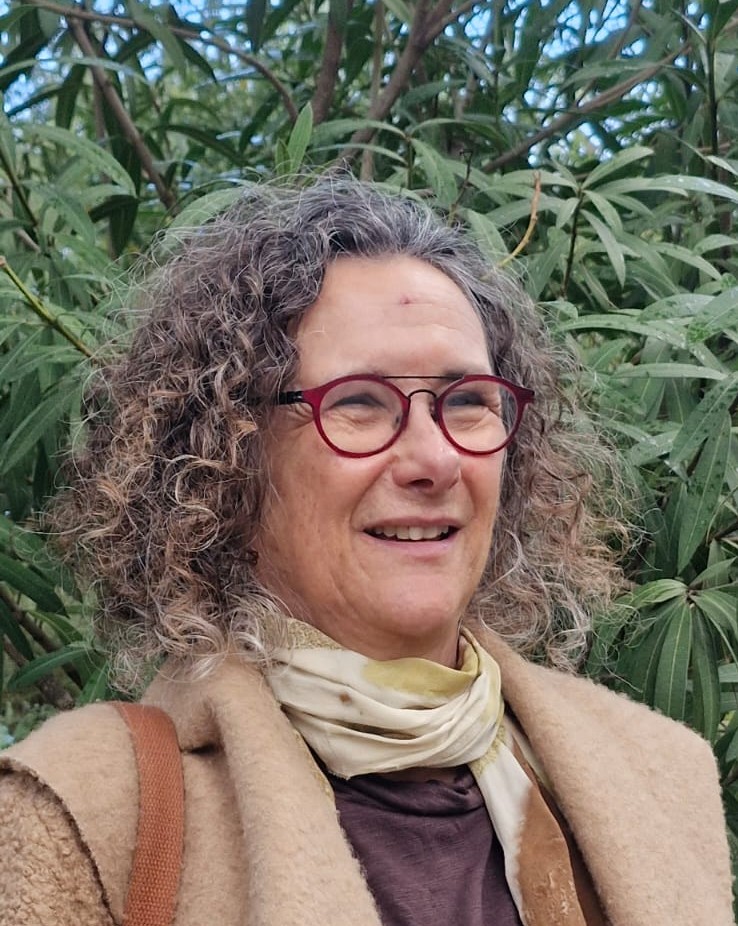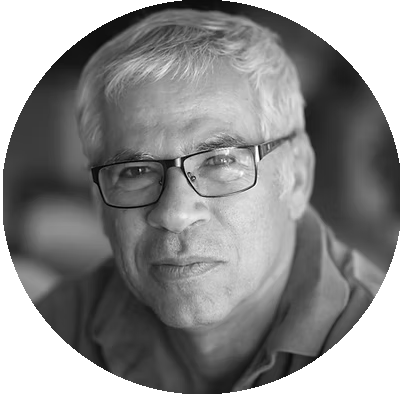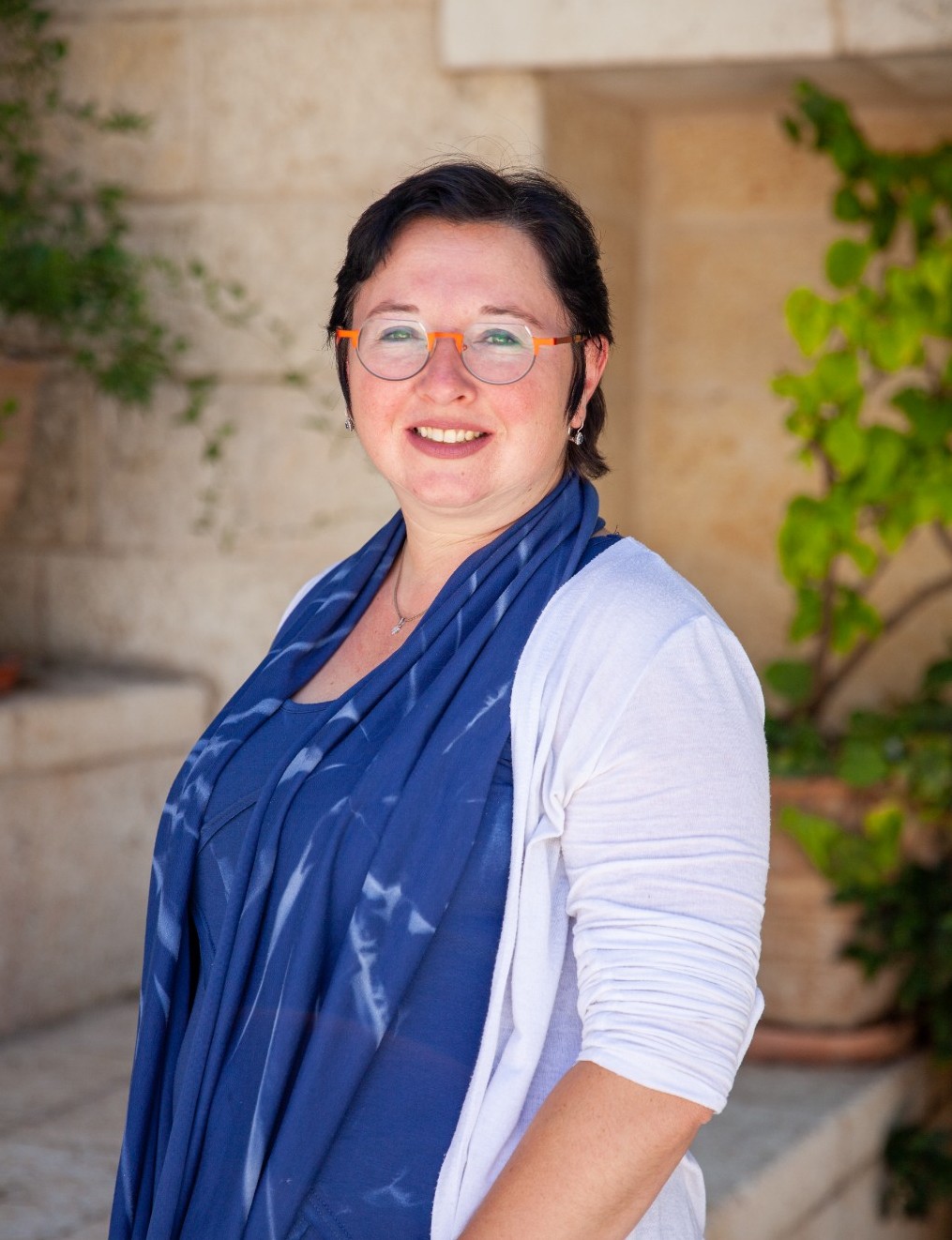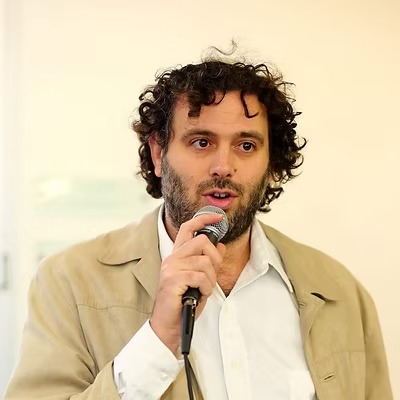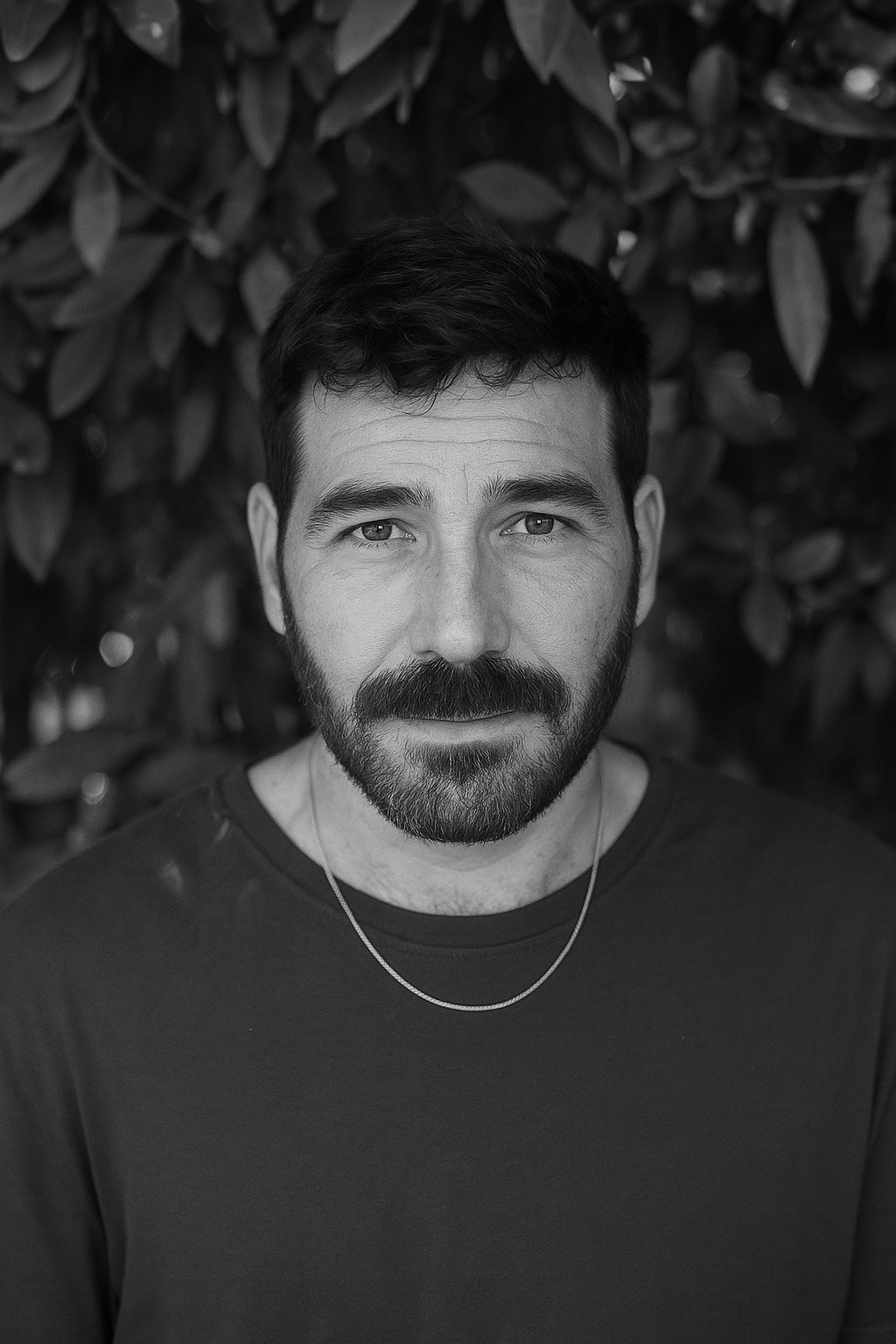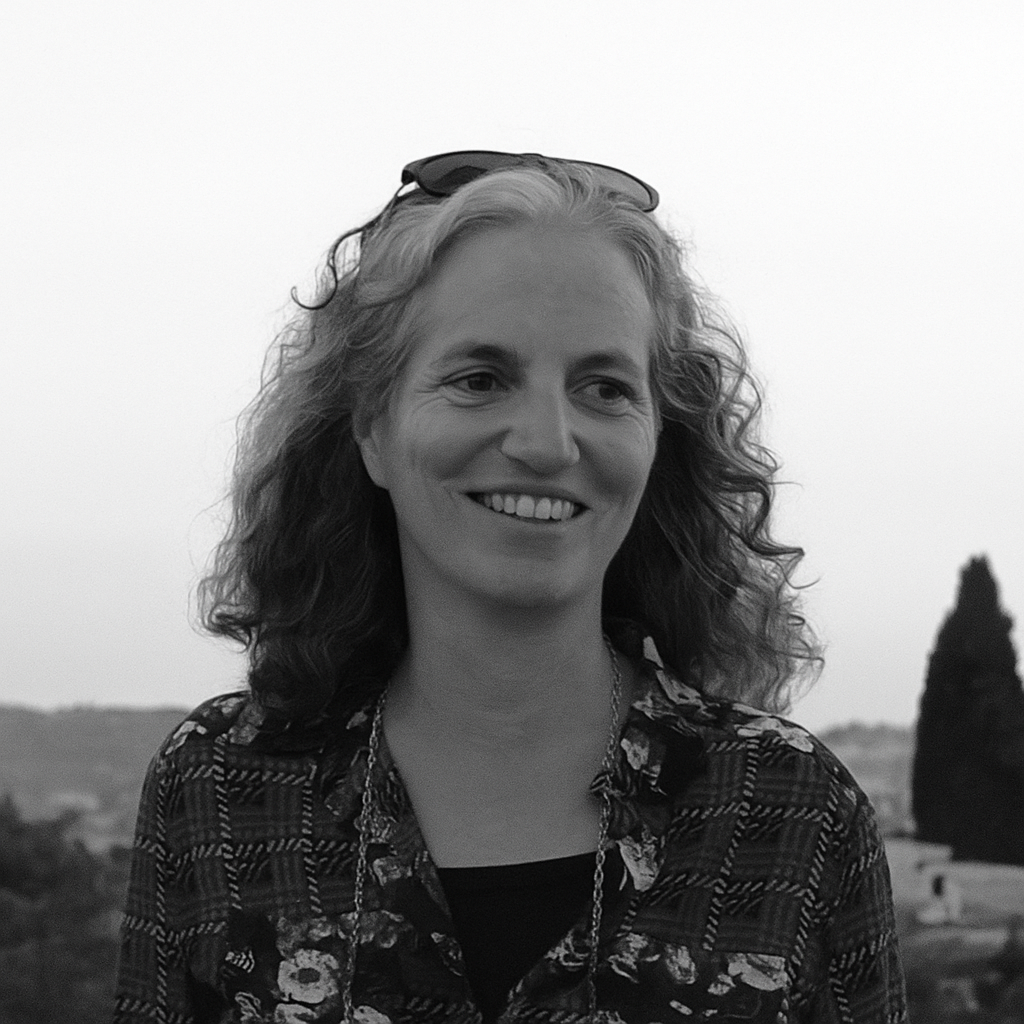Our Vision
Rabbis for Human Rights is the voice of Jewish tradition in the field of human rights. The organization was founded in 1988 (5749) and today has over 170 members—ordained rabbis, rabbinical students, and rabbinic leaders.
The organization is non-partisan and uniquely activist, bringing together rabbis from across all denominations and rabbinical schools in Israel. Among its members are rabbis in public roles, educators, and community rabbis, who are able to generate both grassroots and conceptual change.
The organization serves as a tool to disseminate information about human rights in Israel and in the occupied territories, working in cooperation with human rights organizations in Israel and abroad. From its founding, it has acted to promote the rights of vulnerable groups in society, to protect the rights of minorities in Israel as well as Palestinians in the territories, and to prevent blatant violations of the basic rights of migrant workers. The organization puts pressure on policymakers in Israel to ensure the safeguarding of human rights, including the right to healthcare, shelter, education, and a minimal standard of living.
Since its establishment, thousands of volunteers have taken part in hundreds of justice-oriented initiatives across the state and society.
The organization’s work reflects its members’ conviction that as Jews we are obligated to protest any injustice inflicted on any human being, and to prevent it wherever possible—a conviction rooted in the belief that every person is created in the image of God. We believe we are duty-bound to make the Israeli public aware of every human rights violation, and that our role is to pressure state institutions to rectify such injustices.
Our authority is drawn from two primary sources: Jewish humanistic tradition and international human rights conventions. Alongside efforts to prevent rights violations, Rabbis for Human Rights brings an original, humanistic interpretation of Jewish texts into Israeli public discourse. At a time when nationalist, violent, and separatist readings of Jewish tradition are prominent, we give expression to Judaism’s traditional responsibility for the well-being of the stranger, the different, and the vulnerable—the stranger, the widow, and the orphan.



